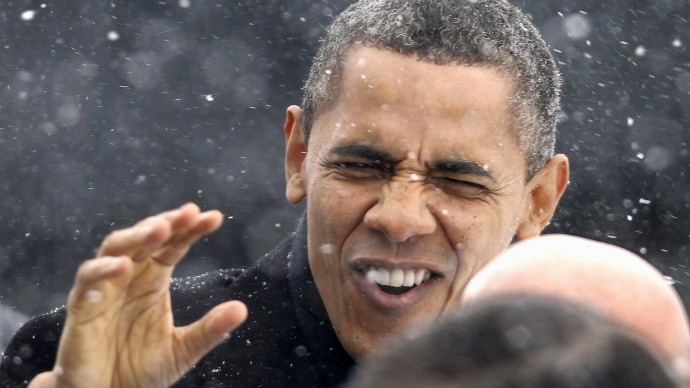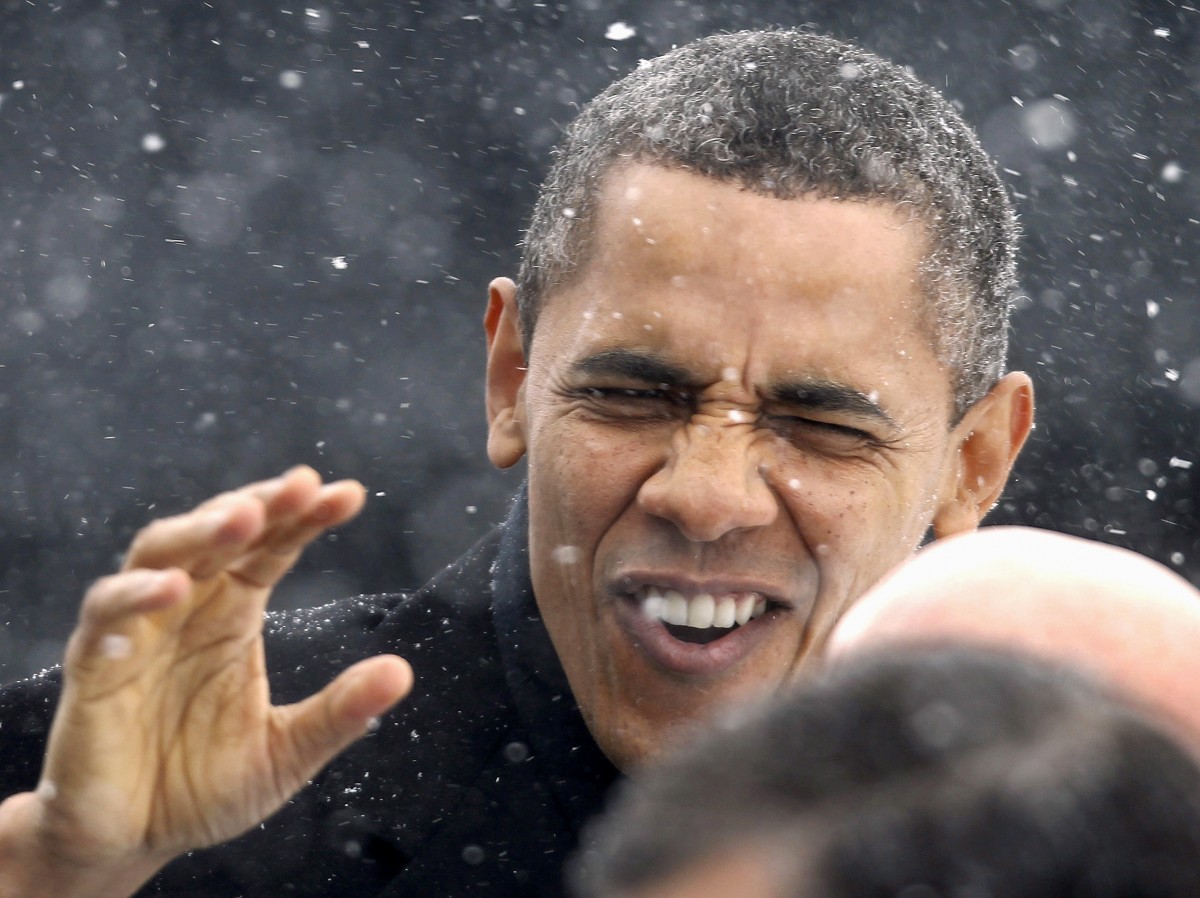
BUZZARDS BAY, Mass. — It’s not every day that Chile gets to wag its finger at the United States.
Speaking at the Asia-Pacific Economic Cooperation (APEC) summit in Bali this week, Chilean President Sebastian Piñera sounded like an irate parent when he said Washington had to confront its fiscal problems “in a better way than they are doing it now with shutting down the government.”
Singapore got a few digs in, too.
“Obviously we prefer a US government that is working to one that is not,” Singapore’s prime minister, Lee Hsien Loong, said.
US President Barack Obama’s failure to show up at the summit was “a very big disappointment to us,” he added.
Washington’s painful and embarrassing political crisis, which has led to a government shutdown and the very real threat of default, has damaged the United States’ standing in the world and sent shock waves — so far minor ones — throughout the global economy.
But it has also given many nations that occasionally chafe at US dominance the chance to gloat, however subtly, at the sight of the mighty giant brought low.
“You can’t help but get the sense that the world is standing around snickering behind America’s back,” Elias Groll, assistant editor at Foreign Policy, wrote.
They may have had ample reason, if only because of Secretary of State John Kerry’s garish Balinese shirt.
America’s top diplomat was also stuck way in the back for the group photo, which featured Russian President Vladimir Putin and Chinese President Xi Jinping front and center.
That was because Obama stayed home to deal with the crisis, leaving his major rivals for economic influence in the Asia-Pacific region a clear field on which to strut their stuff.
“It’s almost like me not … showing up to my own party,” Obama grumbled at a press conference Tuesday.
He denied that his absence would do lasting damage, however, since America remains “the one indispensable nation,” and “it’s not as if [the Asian nations have] other places to go.”
Except Moscow and Beijing, perhaps.
Kerry sought to put the best possible face on things, telling reporters the shutdown — which has forced furloughs of hundreds of thousands of government workers — is “an example of the robustness of our democracy.”
Any more “robustness” and the world could enter a new recession.
The shutdown, and the message it conveys of disarray in Washington, is making life difficult for many US partners.
On Tuesday, the International Monetary Fund warned that global economic growth was in “low gear,” in part due to the uncertainty in the markets created by Washington’s political “bickering.”
One of the major US creditors, Japan, is feeling the effects.
Japan is in the midst of a delicate economic recalibration; the depreciation of the yen, which makes Japanese exports more attractive on the international market, is a central tenet of its policy. The fact that Japanese auto manufacturer Toyota is reporting record profits is a sign that things are working just fine.
Analysts point to Japanese Prime Minister Shinzo Abe’s economic stimulus policies, known as “Abenomics,” as paying early dividends for companies like Toyota and Sony.
But some investors are going a bit wobbly at the spectacle of US right-wing lawmakers seemingly willing to push the self-destruct button rather than cooperate with the executive branch.
Instead of parking their money in US Treasuries, investors may look to the yen as a safe haven.
This has driven the Japanese currency to a multi-month high against the dollar, threatening to undo some of the progress Abenomics has made.
This “would be very unhelpful at this time,” Jerry Schiff, IMF’s mission chief for Japan, told CNBC.
The US economy is the world’s big gorilla, and any dislocation sends uneasy ripples throughout global markets.
“The US economy is the No. 1 economy in the world, what happens there affects all of us,” Philippine President Benigno Aquino said at APEC.
What is happening, according to most analysts, is a small group of extremists known as the Tea Party, from carefully engineered congressional districts, has so polarized the nation that rational discussion is all but impossible.
As the president put it in a Tuesday press conference:
“A big chunk of the Republican Party right now … are in gerrymandered districts where there’s no competition, and those folks are much more worried about a Tea Party challenger than they are about a general election where they’ve got to compete against a Democrat or go after independent votes.”
Odd as it may seem, investors in Rio or Zurich or Hong Kong may have their financial decisions influenced by backwoods voters in Alabama or Texas, who, through the magic of redistricting, have been able to push an increasingly hard-line agenda on America and the world.
The rhetoric is becoming so extreme, in fact, that some are beginning to wonder whether the appearance of insanity isn’t part of the Republican strategy.
“In many negotiations, the prevailing side is the one most willing to take the fatal step,” Nicholas Thompson writes in The New Yorker. “If you’re playing chicken with another driver who you know has had a lot to drink — or who has torn off his steering wheel — you’ll likely swerve first.”
This is becoming increasingly important as the deadline for raising the debt ceiling approaches. A default, as the IMF warned, could start a global crisis.
The possibility that America could deliberately become a deadbeat nation is so outlandish that Obama on Tuesday called the idea “insane, catastrophic, chaos.”
Maybe that’s the point.
“In one sense, Obama has the stronger hand: He’s merely asking that Congress pay America’s bills and its debts,” Thompson writes. “But [House Speaker John] Boehner has [Republican Sen.] Ted Cruz in the background, reciting ‘Green Eggs and Ham.’”
Two weeks ago, Texas Sen. Cruz staged a 21-hour talkathon on the Senate floor to convince his colleagues to defund the health insurance law known as “Obamacare.” He entertained his colleagues — and his children, who were presumably watching CSPAN — with the popular Dr. Seuss tale.
Would the US House of Representatives really push the country — and to a certain extent, the world — over a cliff on a whim?
Perhaps.
Devin Nunes, a Republican congressman from California, famously called his colleagues “lemmings in suicide vests.”
This, according to National Public Radio, is grossly unfair — to lemmings.
The fuzzy little rodents are not really self-destructive, “Morning Edition” host Renee Montagne reported. While they do occasionally jump over cliffs en masse, relatively few of them perish — lemmings, it turns out, can swim.
It remains to be seen whether the Tea Partiers have a similar backup plan.
This article originally appeared in GlobalPost.


